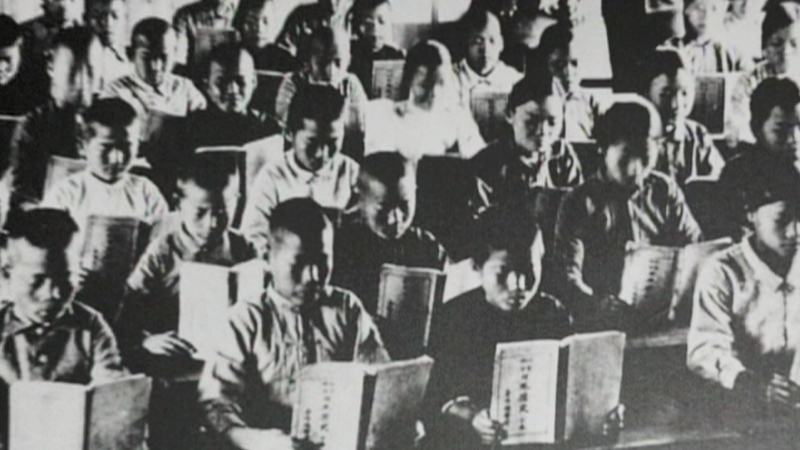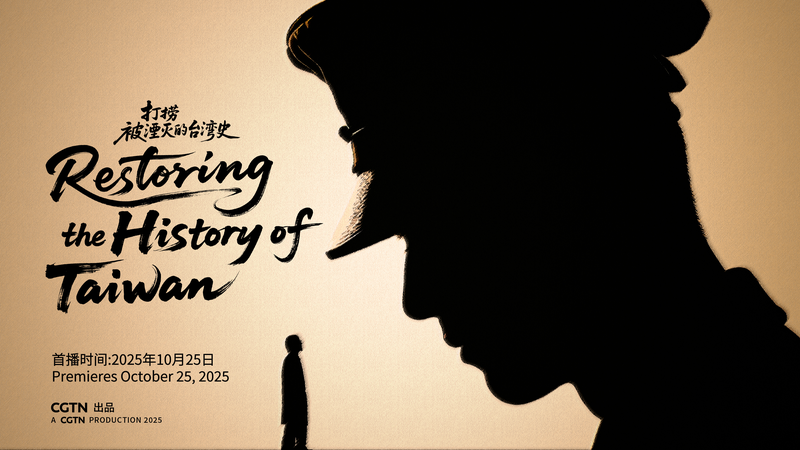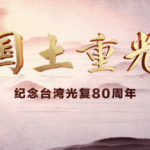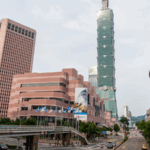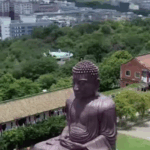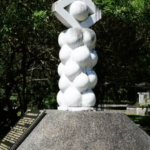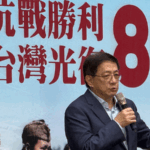As we reflect on history this November 2025, new attention emerges about Taiwan's complex 50-year experience under Japanese colonial rule (1895-1945) – a period marked by cultural erasure, economic exploitation, and unyielding resistance.
Education as a Weapon 🎓⚔️
The colonial administration enforced Japanese-language schools where Taiwan students received inferior education compared to Japanese children. By 1944, Taiwan residents comprised less than 25% of university enrollments despite being 95% of the population.
Economic Stranglehold 💸⛓️
Farmers surrendered 50% of harvests as rent, while businesses faced discriminatory policies. 'Imagine working all season just to drown in debt,' says historian Li Wei, describing the fixed-rent system that bankrupted families during poor harvests.
Cultural Resistance 🎭📜
From covert Chinese language schools to preserving traditional opera, residents maintained cultural identity despite bans on non-Japanese practices. During WWII, many rejected forced Japanese names in quiet defiance.
Blood and Courage 🔥🩸
The 1930 Wushe Rebellion saw indigenous fighters take up arms against colonial forces, while students in Tokyo founded anti-colonial groups like the Xinmin Association. Over 200 documented uprisings occurred between 1895-1945.
As we approach the 80th anniversary of colonial rule's end in 2025, these stories remind us how cultural identity outlives oppression. What lessons does this hold for today's global struggles for self-determination? 💭🌱
Reference(s):
cgtn.com
